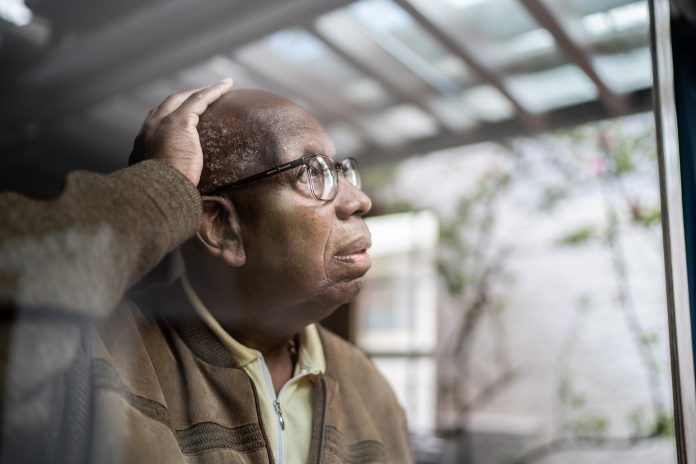
Research presented at the annual meeting of the Radiological Society of North America shows that many Black patients with Alzheimer’s disease face delays in cognitive testing and screening and are diagnosed at a later stage of the disease than White patients.
In North America, around 6.7 million people aged 65 years and older have Alzheimer’s disease. Of these individuals, almost two thirds are women and Black and Hispanic Americans are twice and 1.5 times as likely to develop Alzheimer’s or other dementias, respectively, as White Americans.
In this study, lead investigator Joshua Wibecan, radiology resident at Boston Medical Center in Boston, Massachusetts, and colleagues assessed whether there were differences in the age at which testing for Alzheimer’s was conducted among different population groups.
“If disparity in obtaining access to neuroimaging is one possible barrier that delays diagnosis, it is important to identify this and figure out possible solutions to benefit these patients and prevent a delayed diagnosis,” said Wibecan in a press statement.
The researchers identified all computed tomography and computed tomography angiography head scans and magnetic resonance imaging (MRI) brain scans carried out at the Boston Medical Center to assess cognitive impairment between the beginning of 2018 and 2022. Of the 1699 individuals scanned during this period, 697 identified as Black or African American, 377 as White and 275 as Hispanic or Latino, with 275 individuals not falling into any of these groups (designated as “Other” for analysis purposes).
The team calculated the average age at imaging assessment and also looked at how many patients were undergoing MRI scans, which are considered the gold standard for assessing cognitive impairment linked to Alzheimer’s and other dementias.
The average age at imaging was significantly higher in Black individuals at 72.5 years compared with White, Hispanic and Other individuals who were assessed at an average of 67.8, 66.5, and 66.7 years, respectively.
MRI was also used less (51%) as a diagnostic tool in Black patients compared with in White (60%), Hispanic (67%), and Other (68%) patients.
“Our study demonstrates two main findings. First, Black patients who received MRI or CT for cognitive impairment were significantly older than patients from other races. Second, Black patients were significantly less likely to be imaged with MRI, the optimal type of imaging for cognitive impairment, as opposed to CT,” said Wibecan.
There are limited treatment options for Alzheimer’s disease, but new therapies such as Eisai and Biogen’s Leqembi can help slow progression of early disease. This means that early diagnosis can make a big difference for patients.
“As treatment for Alzheimer’s Disease improves, it will be even more important to identify patients at early stages of disease for optimal treatment,” concluded Wibecan.











